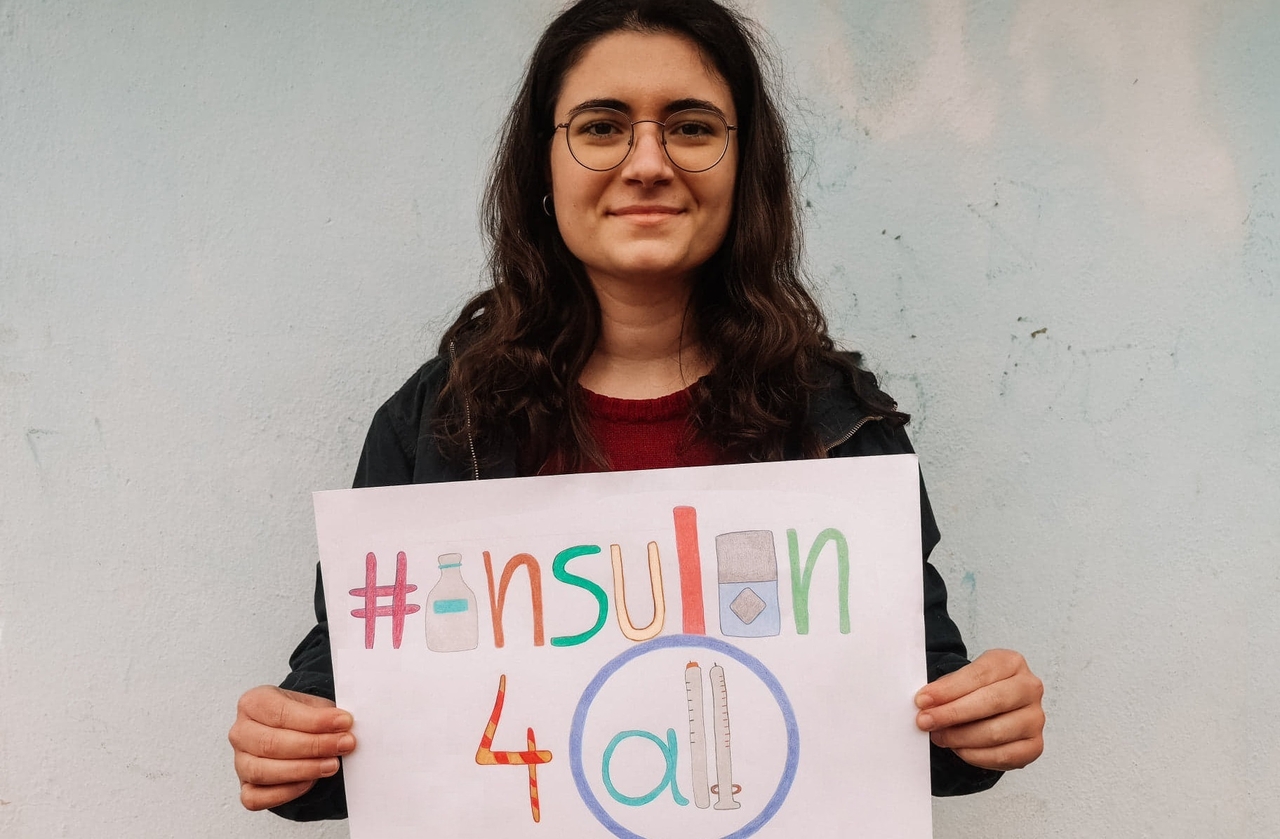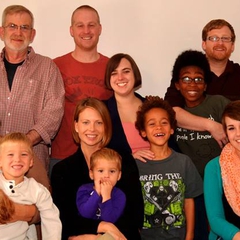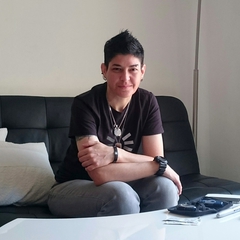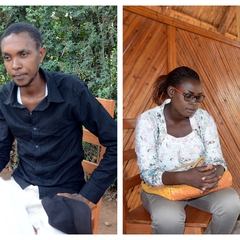
From Patient to Medical Student: My Journey with Diabetes Treatment
8 Jun 2021, 9:03 a.m. in Global Stories by Konstantina Taki
Having lived with type 1 diabetes for more than 12 years, I have experienced different aspects of the condition. First of all, as a patient, I approach diabetes from a personal view. I can also understand how the condition affects parents of children with diabetes. It's something new, demanding and difficult to handle. The last five years, as a medical student in Greece, I have seen diabetes from yet another more practical and scientific perspective.
The world of medicine is a marvellous, enormous one. It is a multifaceted science. When I started studying medicine back in 2016, I had a completely romantic approach. I was convinced that the core of medicine is the purpose of making people’s lives better. I believed that healthcare systems were patient-centered and every decision or strategy was made in order to ensure that people’s lives were safe and to improve their health. It was a challenge for me to realise that even in such a human-centered domain, there are motives and decisions which aren’t really altruistic. Instead they are often led by powerful companies.
Over the course of time, I had to face the fact that pharmaceutical companies influence healthcare systems in such a way that healthcare professionals almost have no control. For example, a lot of medical research is funded by the pharmaceutical industry, or ‘Big Pharma’. So how can we ensure that the outcome of research is unbiased? The vast majority of medical seminars and conferences are also sponsored by Big Pharma. This means that organisations who want to support medicine without pharmaceutical industry support struggle in terms of fundraising. Healthcare systems, and the people leading them, tend to lose their purpose of saving people’s lives and improving the health of patients. Instead, they take advantage of people's health to make profits.
Type 1 diabetes is a non-preventable chronic illness, and its successful management depends on insulin. Without insulin, a person with diabetes is in danger. Insulin belongs to the category of essential medications. I believe pharmaceutical companies take advantage and exploit this situation. Unfortunately, many patients, including those with diabetes, deal with the effects of Big Pharma’s politics and strategies. Having read articles, and later discovering T1International, I saw the process of how the profits of pharmaceuticals cause the loss of human lives. In 2021, people with diabetes still die of their inability to access the only drug that keeps them alive: insulin.
Your money or your life. This is a dilemma that seems to have deep roots in medical society. I am lucky, and I feel safe due to the fact that in Greece this phenomenon doesn’t occur as much as abroad. However, I did experience this dilemma personally in my Endocrinology appointment. In the examination room, there was my doctor, a nurse and a sales manager from a pharmaceutical company with diabetes products. The whole appointment was led by the sales manager. She was focusing on the weak points of my blood sugar throughout the session. Her aim was to convince me to start using a continuous glucose monitor (CGM), which at the time wasn't distributed for free in Greece. Once I understood that she was trying to get me to use and pay for the product, I tried to focus on my diabetes management without discussing the CGM. The doctor was indifferent. She didn’t seem to be bothered by the sales manager. I ended up arguing with them and then I left the room.
Access to healthcare is an unquestioned human right for every person, which includes the need for medication and technology. Given the fact that the production and distribution of medication diabetes technology can provide extreme amounts of profits to companies, people with low or even no income are therefore excluded from healthcare systems. So who is being served by healthcare systems? Patients or profits? And how could all those profit-maximizing strategies come to an end or at least decrease?
Being able to approach diabetes as a patient but also as a medical student, and hopefully as a medical doctor in a few years, I have mixed feelings. I undoubtedly want to see a change. From a humanitarian view, I strongly believe that no human life is inferior when it comes to health and medicine. People should be treated equally, without discrimination or undue pressure. If there is one thing that medicine has taught me is how vulnerable we are when our health is at risk. In addition, I acknowledge that my awareness for this phenomenon is a result of the realisation of the catastrophic effects my life would have if I had no access to insulin. Companies should not hold patients hostage - but it happens every day.
The reason I appreciate T1International so deeply is its scope to change this condition through raising awareness and advocacy. Inequality in treatment of people with diabetes should come to an end. Health care systems globally must turn into patient centered systems. It is a difficult and slow process but nothing is unachievable. #insulin4all isn’t just a trend. It is a need, a vision, and hopefully one day it will become a reality.







